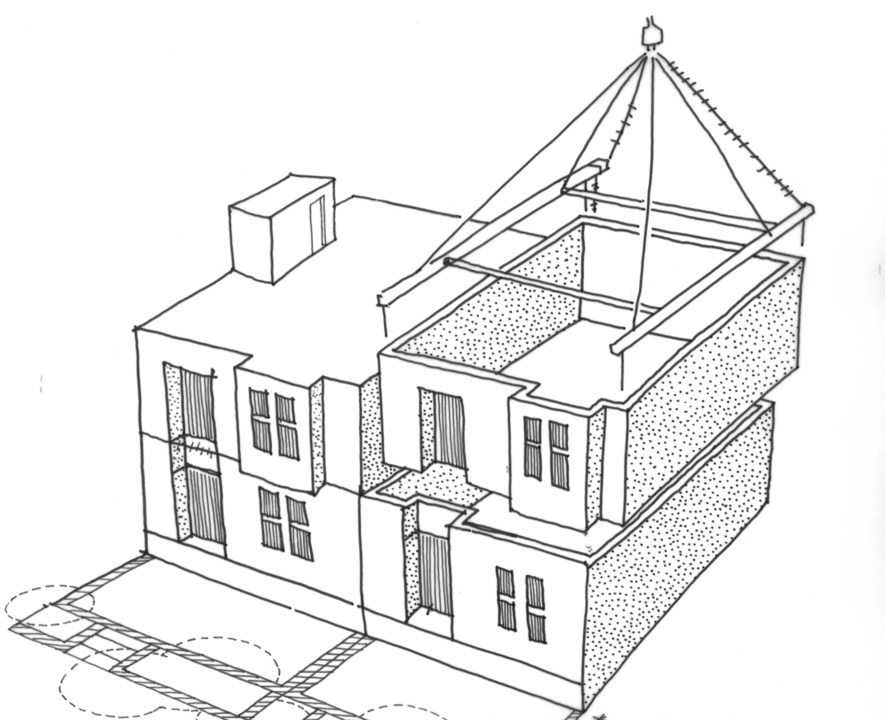
Debunking three assumptions about modern methods of construction
Three Building Better board members, our procurement partner, Procurement for Housing, and the project team recently spent a week speaking to modular home manufacturers about modern methods of construction. Those conversations shaped the final stage of the procurement process. Here are three key takeaways we wanted to share.
We have always been about creating long term partnerships with manufacturers, ensuring visibility of pipeline with a commitment to improve homes over time. In July, our first procurement framework will be live. This is a practical route to achieving these partnerships whilst reducing the burdensome effort and cost of due diligence on housing associations and local authorities.
Taking the time to understand how all parties can work together is a big part of making sure the frameworks work well in practice. So, a huge thanks to the manufacturers who participated. We learnt so much from your honest feedback. Your enthusiasm for growing the industry was infectious and our biggest collective takeaway is how excited we are to work with you.
Product
Adaptability: One of the areas we were keen to understand more about is the adaptability of products or, in other words, how easy it is to change or reconfigure the layout of homes once built. Reconfiguration is important in order to accommodate the changing needs of residents. In fact, across manufacturers, this is one area where they have a lot in common. Product adaptability across homes is high, with very few internal load bearing walls.
Heating: While a lot of the conversation around homes and energy requirements is in heating properties, the likely longer term issue for flats, in particular, is cooling. Most manufacturers are already considering how they will tackle this longer term problem with innovative technologies.
Financial risk management
We heard differing payment profiles would be a big barrier for our members. In traditional construction, payment is made in tandem with progress in the ground, i.e. you pay for what you see. When it comes to offsite manufactured homes, a deposit is often required and this is a completely different way of working for most housing associations and local authorities. Our members assumed the majority of the payments for a home will need to be made before it is anywhere near their site. In reality, most of the value of the property is not due until the homes have already been delivered. This is due to the relatively short production timescales, where a unit or home can sometimes be completed in 48 hours, alongside the typical 30 day payment term.
Project delivery
Any form of manufacturing needs volume in order to be cost effective and we had assumed there was a sweet spot in scheme size to ensure viability. In fact, there is appetite from every manufacturer we spoke with for sites of any size so long as there is aggregation and management of them. That smaller site aggregation may take place across geography or timescale, and will be a focus for the team between now and the framework going live.
The first framework will include three Category 1 modular providers and will be live in July.
Do get in touch if you’d like details of how to come on board.
